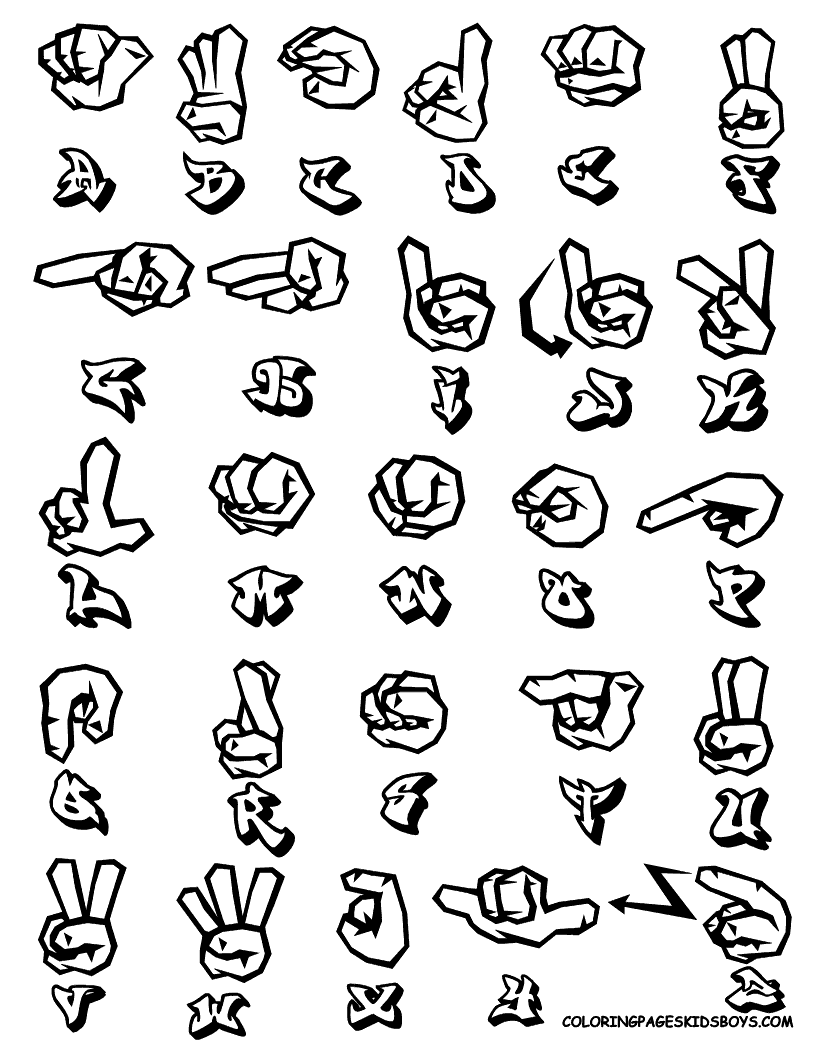Decoding the Streets: Understanding Gang Graffiti Symbols Meanings
A seemingly random collection of numbers, symbols, and letters scrawled across a park bench, a storefront wall, or a freeway overpass. What appears meaningless to the untrained eye can actually be a deliberate message, a territorial claim, or even a threat – all communicated through the cryptic language of gang graffiti. These visual codes, often brightly colored and aggressively displayed, represent a complex and often misunderstood aspect of gang culture, one that law enforcement and community members alike struggle to decipher.
Understanding the meanings behind these symbols is not about glorifying gang activity; it's about recognizing a very real problem and equipping ourselves with the knowledge to address it. For law enforcement, deciphering these messages can provide crucial insights into gang rivalries, potential criminal activity, and the overall climate of gang activity in a given area. For community members, being aware of gang symbolism can be a valuable tool for personal safety, allowing them to identify potential dangers and report suspicious activity to the authorities.
But navigating this clandestine world is not for the amateur. Misinterpreting a single symbol could have serious consequences, potentially escalating tensions between rival gangs or placing individuals at risk. This is why it is critical to rely on expert resources and avoid making assumptions based on limited knowledge or unreliable sources. Dedicated law enforcement units, gang intervention programs, and academic researchers are constantly working to stay ahead of the evolving nature of gang graffiti, providing valuable insights and resources for those seeking to understand this complex issue.
The history of gang graffiti can be traced back decades, often intertwined with the social, economic, and political landscapes of marginalized communities. What began as simple tagging, a way for individuals to mark their territory and gain recognition within their groups, has evolved into a much more elaborate and nuanced form of communication. As gangs themselves have become more structured and hierarchical, so too have their visual codes, incorporating intricate designs, coded messages, and symbols borrowed from various cultures and ideologies.
The allure of deciphering these coded messages, of peeling back the layers of secrecy and understanding the inner workings of a subculture often shrouded in mystery, is undeniable. However, it is crucial to remember that gang activity is a serious issue with very real consequences. The symbols they use, while visually captivating, represent a reality of violence, fear, and intimidation that should never be glorified or romanticized.
Advantages and Disadvantages of Understanding Gang Graffiti Symbols Meanings
| Advantages | Disadvantages |
|---|---|
| Increased safety for community members and law enforcement. | Potential for misinterpretation and escalation of gang conflicts. |
| Provides valuable insights into gang activity and potential criminal behavior. | Information can be misused to fuel fear, prejudice, and discrimination. |
| Aids in developing effective intervention and prevention strategies. | Focus on symbolism can overshadow the root causes of gang involvement. |
While understanding gang graffiti symbols can offer valuable insights, it's not a foolproof solution. Graffiti is just one piece of a complex puzzle, and relying solely on it for understanding gang activity can be misleading. It's crucial to remember that the ultimate goal is to create safer communities and provide at-risk youth with viable alternatives to gang involvement.
Embracing body positivity plus size pregnancy journeys on tiktok
Sunburnt shoulders saucy fingers a love letter to big mikes bbq
Unlocking entertainment your guide to hulu tv access














